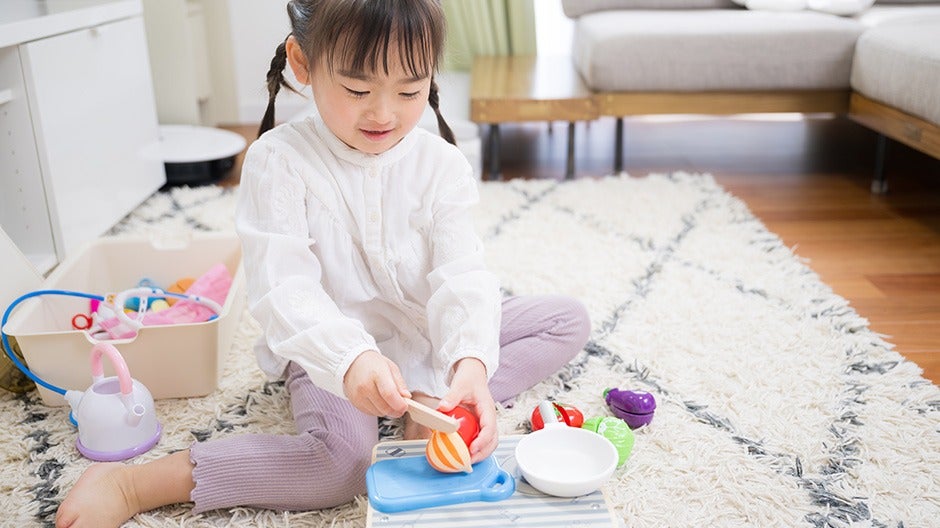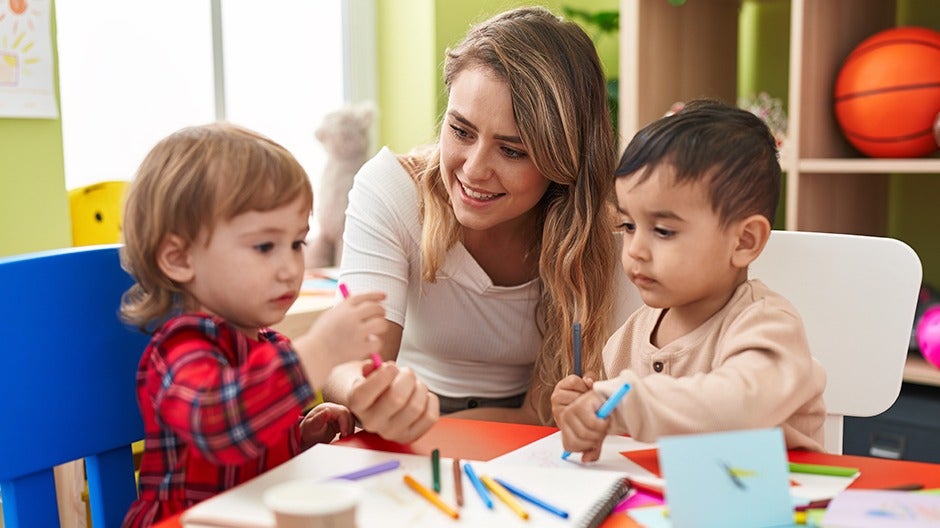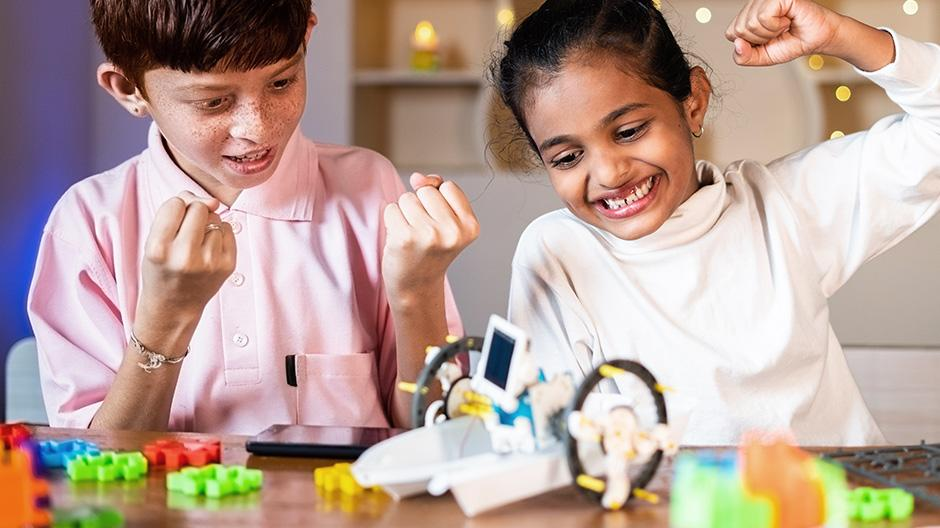
Written by Peggy Kaye, HOMER’s Chief Curriculum Officer
Featured in KIDBOX’s The Scribble Newspaper
All too often, homework turns peaceful evenings into fighting matches between parents and kids. What can be done to stop the arguments? Here are a few ideas from our very own Peggy Kaye, featured in KIDBOX’s The Scribble newspaper, to limit any homework woes.
Homework basics:
Set daily times for homework and vary that as little as possible. Establish one location to do homework every day. Build a homework routine!
How long should homework take?
The National Education Association recommends 10 to 20 minutes of homework a day for first graders, with a 10-minute increase each school year — meaning sixth graders might have an hour of homework per day. If your child has a great deal more (or less) homework, consider talking to the teacher or principal.
Should you help?
It’s fine to help your child with work, but if you do so frequently (or if one topic seems especially challenging to your child), it’s best to let the teacher know.
Below are some grade specific tips to help your children with their schoolwork:
First and Second Grade Tips
- Make a 100 chart (10×10 squares), and after doing homework each day, have your child check off one square. For every 10 homework days, have a small CELEBRATION — a special treat for accomplishing so much. A celebration can be as simple as an acknowledgment for their work. On the 50th day and the 100th day, do something very special to celebrate this special milestone!
- Make a sign to put on the table or desk where your child works. The sign announces that it is homework time.
- Create a decorated one-of-a-kind HOMEWORK BOX. Fill it with everything your child needs for homework: pencils, pencil sharpener, crayons, scissors, and glue.
Third and Fourth Grade Tips
- Typically, third and fourth graders have many rote memory tasks, such as memorizing multiplication and division tables. Instead of drilling through problems relating to memorization, try to make homework more fun! Use a checkerboard and tape math problems on the black squares. Play checkers as usual, EXCEPT you and your child have to solve each math fact before placing the checker on that square!
- For spelling and math tests use the LITTLE BIT trick. Have your child study a little bit, about seven minutes, but study two different times a day.
- Have them start their homework early each day so that they have free time when it’s done. Encourage them to do the hardest assignment first to get it out of the way!
- Have your child grade their own homework! Is the work neat? Completely done? Carefully checked? Then they can give themselves an A+.
Fifth and Sixth Grade Tips
- Before the school year begins, establish rules about what can and cannot happen before homework. Try ideas like doing homework before screen time, playing games, or building models. Reading, eating, or a chat while doing homework are fine, but all else can wait until homework is done and checked. This will help children stay focused and present during homework time!
- Have your child begin the year by picking out a classmate as their STUDY BUDDY. A study buddy can send them pictures of homework they might forget to bring home or remind them of pages they have to read.
- Get a desk-sized calendar and turn it into a work schedule. This is not an assignment book. This is where your child says exactly what they will do each day to finish projects due in a week or two weeks. A schedule helps them avoid the I-HAVE-TOO-MUCH-TO-DO! blues.
KIDBOX makes it easy, fun, and affordable to shop for children’s clothes by delivering name brand looks that match your child’s style straight to your door. Get $10 off your first full KIDBOX with code HOMERSTYLE.












